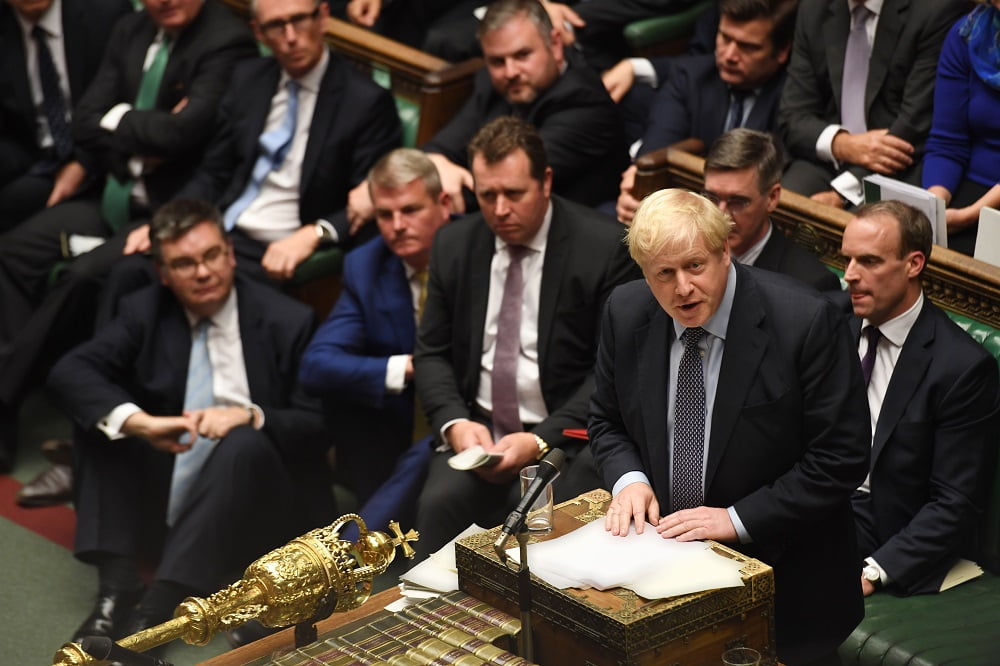National Identity
Villages and towns, built on cooperation, existed long before nations did. With time, however, the need for security threaded them together like a string of pearls. Sometimes, the unification was voluntary, sometimes it was not. The necklaces became kingdoms and empires; republics even. Polities and economies began to evolve, as did religion, language and culture. The process continues to this day. Nevertheless, threats to national borders remain. These threats come from abroad, as in the case of Georgia and Ukraine, or from within, as is happening in Spain.
Most people would agree that aggression from other countries is unacceptable, as the widespread condemnation of the recent landgrabs from Russia and Israel clearly indicates. The situation is not so clear cut when we are dealing with assaults to national borders from within.
Battles in the Arena
Spain is a prime example, because it is made up of 17 autonomous communities that possess various levels of self-governance, which some communities consider insufficient. It also has two autonomous cities: the north African enclaves of Ceuta and Melilla. Peripheral nationalism is therefore a significant problem for Spain, with many citizens, especially in Galicia, the Basque Country and Catalonia, considering their communities as nations within a “pluri-national state”. Despite the devolution and a very federal-like setup, however, Spain does not think of itself as a federation. Although sovereignty lies firmly with the nation as a whole and its constitution, autonomous communities clamouring for more independence make it jittery. Paradoxically, it kept its calm during the bloody Basque conflict, but seems unable to do so when faced with Catalonia’s more calculated push for independence. The problem is that full Catalan independence would affect the remainder of Spain very badly.

Spain has functioned as a whole entity for centuries. Cutting off one of its wealthiest chunks will adversely impact its economy and infrastructure. The UK has only been part of the UK for a few decades, and yet the chaos that this attempted divorce is causing is more than evident. Does this mean that the UK should not be allowed to leave the EU? Of course not, but each side has the responsibility for the split to be managed as carefully as possible. If too many countries left, there may not be an EU at all; and if too many autonomous communities abandoned Spain, there may no longer be a Spain. Still, neither Spain, not the EU have a divine right to exist, however nice it would be to have them.
Vying for International Guideline
An international law, governing separatism, would certainly help clarify who the realistic candidates could be and it would surely facilitate a smooth transition. There is little chance that the initiative for creation of such a law would come from the United, however, primarily because most nations have a vested interest in making separatism as difficult as possible. Nevertheless, the law would not necessarily have to stem from there. The proposal could come from anywhere, while gradually engendering support. It could revolve around certain points, such as:
- The population must be over X million within a self-contained region
- The region could span different countries
- The area must not contain extraneous pockets
- The people must have distinct ethnic or cultural characteristics, such as language or religion
- A referendum would have to take place and the vote for independence would have to exceed X%
- The separation must be negotiated in such a way as to ensure that the new country does not leave the original country in an untenable position through the devastation of its economy or the losing of its ports, for instance
- The new country must not be penalised for wanting to break away, through the hampering of its infrastructure, sanctions or other unfair means
Such a law would on the one hand help limit unfeasible claims, although on the other, it could encourage regions that may not have had separatist inclinations to start considering them merely because they fit the criteria. Of course, it may not be in the interest of many potential breakaways anyway.
The Aegis of a Federal Order
Still the original problem remains: security. The answer could be a simple one; namely accepting independence within the context of an overarching organisation or federation. This would also guarantee a certain level of fairness, particularly if the federation in question was based on universal ethical principles.
UN-aligned is in the process of drafting a consultation paper on such an international law and would love to receive your suggestions. If you have any ideas, or would like to be actively involved in this project, please contact us.




















